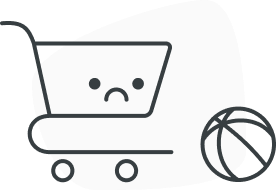SeaWorld is committed to protecting the environment and preserving our future by inspiring others to act . SeaWorld San Diego and our company actively supports environmental conservation by providing financial and scientific support to organizations focused on animal rescue and rehabilitation, conservation education, habitat protection, and species research. Additionally, the SeaWorld & Busch Gardens Conservation Fund has donated more than $17 million, supporting animal conservation projects on all seven continents across the globe, including coral reef restoration, preventing coastal erosion, habitat protection and simply keeping our oceans clean.
We actively support efforts protecting our oceans and coral reefs, seeking sustainable food sources for park guests and our animal, as well as our on-going animal rescues.






